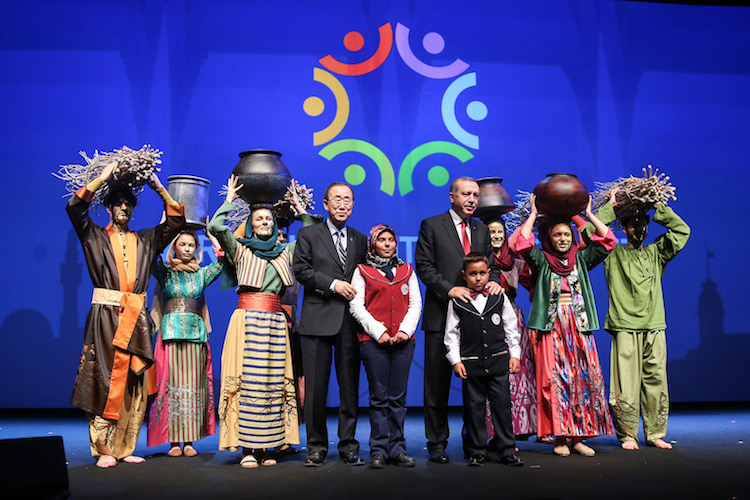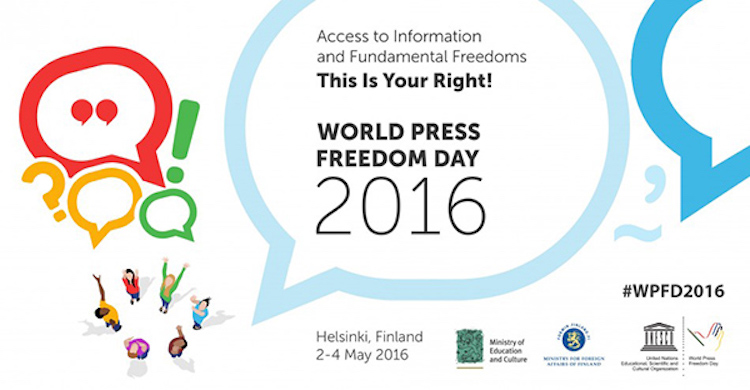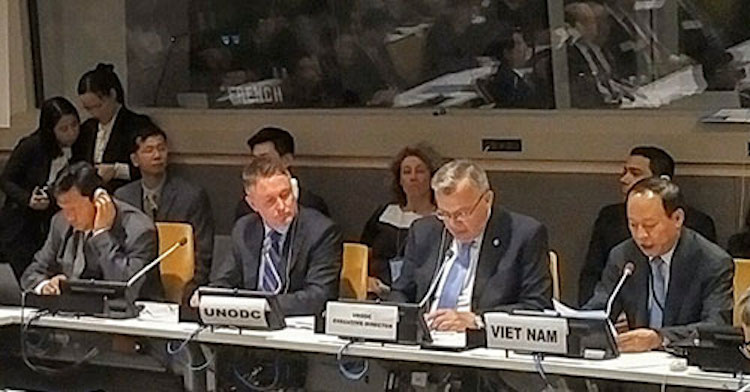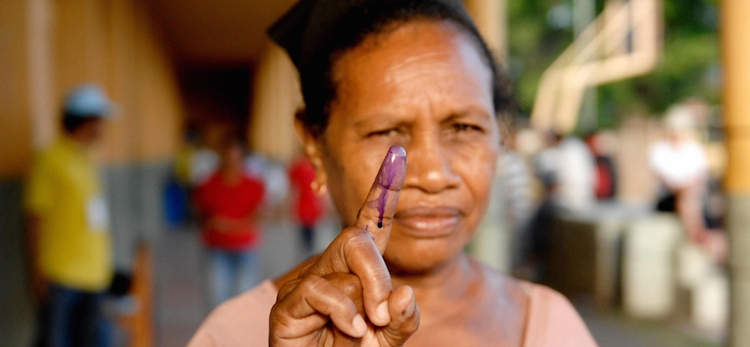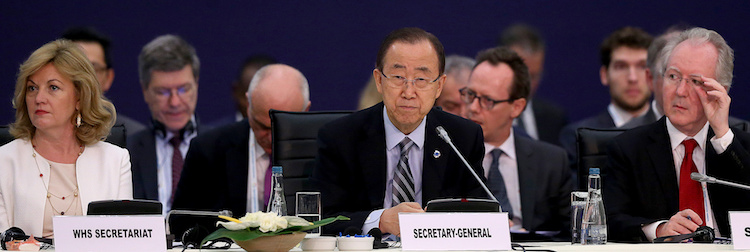
Humanitarian Summit in Perspective: Disaster Prevention is Feasible
Analysis by Jacques N. Couvas
ISTANBUL (IDN) – The gaping absence of a large number of world leaders, including those of most of the Group of 7 (G7) industrial nations, undoubtedly caused profound disappointment. But the first World Humanitarian Summit (WHS) in the 70-year existence of the United Nations will not go down in history as a shameful debacle for international diplomacy, nor will it be the last conference of its kind, according to experts.
While G7 leaders were conspicuous by their absence, with the exception of German Chancellor Angela Merkel, some 9,000 participants from 173 countries joined the event in Istanbul. They included some 60 heads of state and government, mostly from the developing world. (P 13) JAPANESE TEXT VERSION PDF | PORTUGUESE
…





